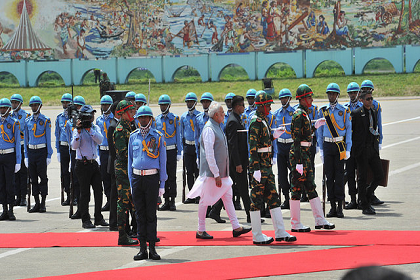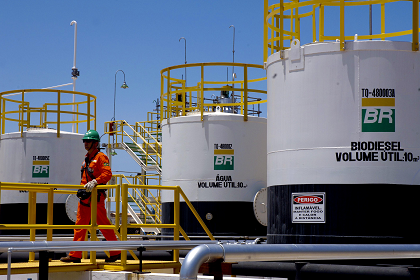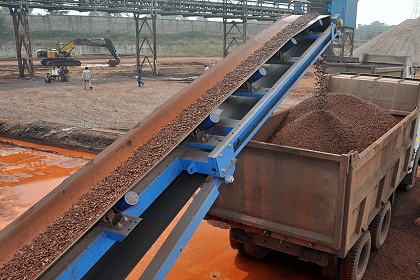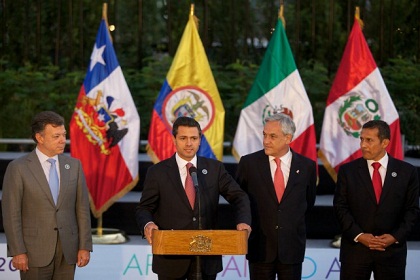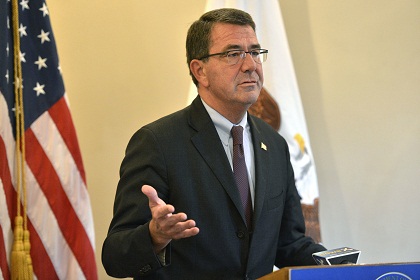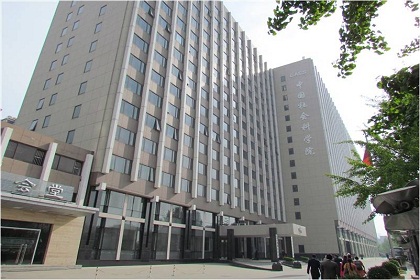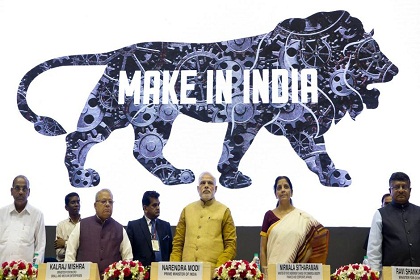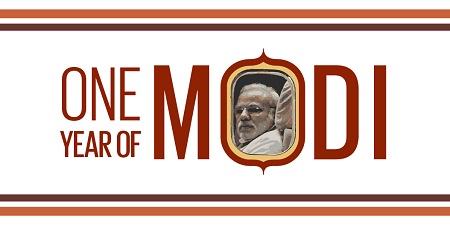Bangladesh and beyond
Prime Minister Narendra Modi’s completion of the South Asia circuit demonstrates the importance of the neighbourhood in his government’s foreign policy. The improved perception of India in the neighbourhood, especially in Bangladesh and Sri Lanka, is a positive, but the neighbours must recognise that India’s federal structure makes decision-making slower and more difficult on issues that affect neighbouring Indian states like West Bengal and Tamil Nadu.

